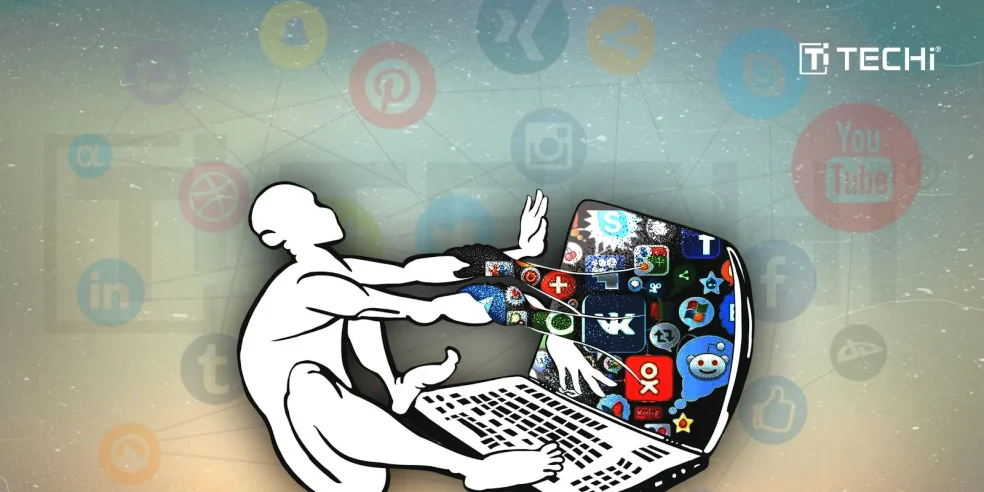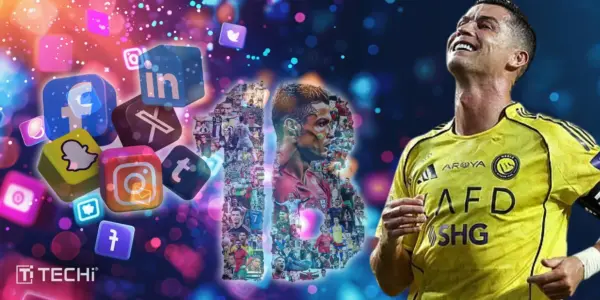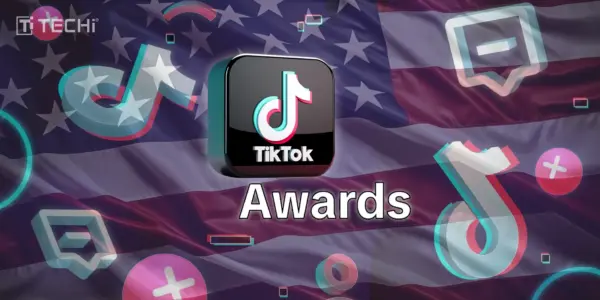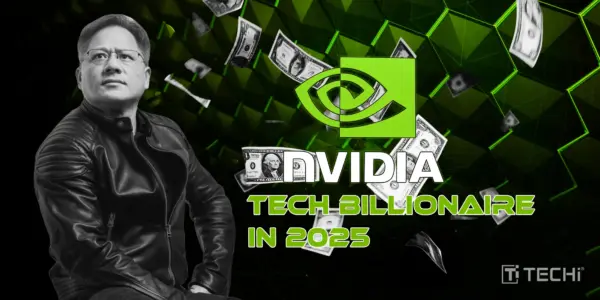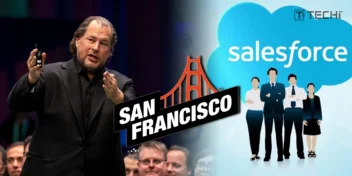The monster never sleeps, never stops watching, and never lets go. It whispers in your ear the moment you wake up and follows you wherever you go. As you eventually bow your head for sleep, it lulls you into its incorporation. You welcome it instead of fearing it. You allocate your time, thoughts, emotions to it. It rewards you with an endless craving for approval and allows you to be positively shaped by it. That is no horror story; it is the social monster we birthed and have become ever so reckless in controlling.
From a simple tool for connecting friends, it has metamorphosed into something much bigger, much worse, holding innumerable puppet strings over how we think, feel, and perceive ourselves. It does not exist solely on phones; it lives in our minds. And like Frankenstein’s wretched creation, this one too has somehow freed itself from its maker’s control-and now, expects dominion over us.
An honest dictionary definition presents social media as “websites and apps that allow people to share content and connect with others.” But could that be the only limited definition? Sure, it can do so and so much more; in fact, it sees you all the time, like the all-seeing eye Orwell describes in his 1984. It sees everything you do, infers your wants, and manipulates your decisions. It controls you first before connecting you.
Where Does It Take Us in Terms of Loneliness?
How could social media, the supposed bridge among us, increase feelings of solitude? In so many different ways, Facebook, Instagram, Twitter, and TikTok all help people communicate, but they also sow the seeds of anxiety, cyberbullying, and aspirations that are not attainable. People pursue an illusion of happiness, like Jay Gatsby in The Great Gatsby, online and offline, because seeing perfect lives on social media makes them feel like accepting nothing less.
Why Do We Favor Comparison?
The finding shows that social media itself induces anxiety and depression if overused. Have you ever found an occasion scrolling posts when your own life fell short? The perfect photos, fun trips, and lovely relationships we see online can solidify our perception that we are just not good enough. But is what we see on social media true? These platforms want to engage us, comparing ourselves with one another and just keep longing for more.
Can We Break Free from the Chains of Social Media?
Jeffrey Cohen in Monster Culture mentions, “The monster theory must therefore concern itself with cultural moments that always oscillate, that change and that ultimately escape.” Social media has moved from mere technology to one huge beast influencing culture.
How Do We Fight Back? But how do we fight back? Like Odysseus resisting the Sirens’ song in The Odyssey, we are not entirely powerless. He who rules is He who can be ruled. Setting limits on time spent away, following only certain things, and consciously clearing the mind from the influence of social media can help in letting go of it. Social media is a monster-a monster that we created. Will we dominate it, or will it?
The Unseen Monster, How Social Media Traps Us
You carry it everywhere with you; you reach for it without thinking; you feel out of sorts without it. Social media, once a lifestyle, is now an addiction, an invisible monster that stalks you wherever you go. It has no claws to grab you and no fangs to bite you, yet it controls you. With the smirk of an unseen devil, it forebodes evil upon your soul concerning what to see, what to feel, and what to want.
Among the wicked strain of its arsenal is the false sense of having a perfect life. While scrolling through the social media feeds, you are mesmerized with nice holidays, fancy dinners, perfect selfies, and numerous party celebrations. But has there ever been a moment of questioning:
Is there a shred of truth to it?
Most of it happened under the stage camera with the glamour aspect added to it; it keeps you asking, WHY ISN’T MY LIFE LIKE THIS? This is a success for social media: creating unrealistic expectations, leaving you feeling like you are missing out on something important, something better.
And this feeling has a name, Fear Of Missing Out (FOMO), an internal stressor that keeps screaming at you that everybody else is living their best lives while you are stuck in the boring. You see a bunch of friends hanging out, and suddenly you feel left out. You see someone prospering, and that makes you question yourself. You start believing that outside social media, you are absent from the world.
But here’s the truth, Social media only reveals the highlights, not the whole truth. It hid the down moments, loneliness, and times of questioning. The few that seem to be very happy online may not feel that way in reality. But the monster wants you to perpetually chase the illusion, perpetually compare, with the eternal scrolling, for something that isn’t even the Word.
But the real question is: Will you allow social media to be the yardstick for your happiness, or will you attain freedom from its bondage?
Also Read: Five Things Old Media Still Don’t Get About The Web
The Dark Truth of Social Media Through Literature
Surveillance and Control – 1984
“Big Brother is watching you.”
Orwell’s dystopian world is ruled by constant surveillance, just like social media, which tracks and manipulates our thoughts, actions, and desires.
“If you want to keep a secret, you must also hide it from yourself.”
Privacy is an illusion online. Even what we delete is never truly erased, much like Winston’s realization that his own thoughts could betray him.
The Monster We Created – Frankenstein
“You are my creator, but I am your master—obey!”
Victor Frankenstein lost control of his creation, just as we have lost control over social media, which now dictates our lives instead of serving us.
“Beware; for I am fearless, and therefore powerful.”
Social media spreads information—true or false—without fear, influencing opinions and fueling trends that shape society.
The Illusion of Perfection – The Great Gatsby
“He had hoped for a chance to recreate the past.”
Like Gatsby chasing an impossible dream, people on social media compare themselves to unrealistic online portrayals, believing in an illusion of happiness.
“They were careless people, Tom and Daisy—they smashed up things and creatures and then retreated back into their money or their vast carelessness.”
Online drama spreads easily, and people move on quickly, forgetting the real damage done to others.
The Mask of Social Media – The Picture of Dorian Gray
“What does it profit a man if he gain the whole world and lose his own soul?”
Dorian Gray’s portrait hides his true self, just as people curate a perfect online presence while struggling in reality.
“Nowadays people know the price of everything and the value of nothing.”
Likes, followers, and shares have become more valuable than genuine relationships and personal happiness.
The Distraction of Pleasure – Brave New World
“But I don’t want comfort. I want God, I want poetry, I want real danger, I want freedom, I want goodness. I want sin.”
Social media, like the entertainment-driven world of Brave New World, keeps people distracted from deeper, meaningful experiences.
“Happiness is never grand.”
The dopamine rush from social media is temporary, just like the artificial happiness in Huxley’s dystopia. True fulfillment remains out of reach.
Also Read: 5 Reasons That Social Media May Never Die
Check out this infographic prepared by our Graphics team learn more about just how distracting social media can be.

